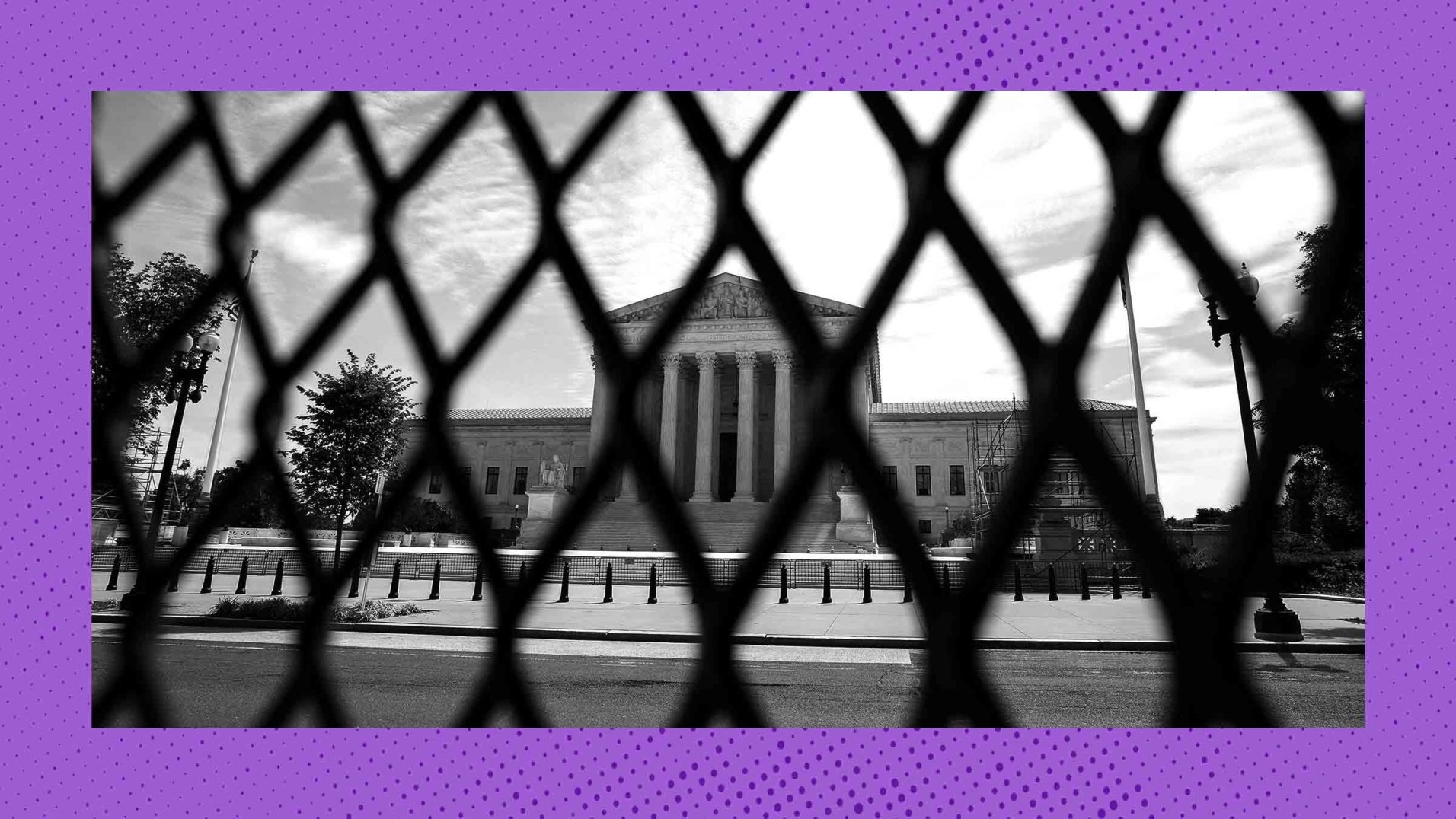Welcome to DU!
The truly grassroots left-of-center political community where regular people, not algorithms, drive the discussions and set the standards.
Join the community:
Create a free account
Support DU (and get rid of ads!):
Become a Star Member
Latest Breaking News
Editorials & Other Articles
General Discussion
The DU Lounge
All Forums
Issue Forums
Culture Forums
Alliance Forums
Region Forums
Support Forums
Help & Search
General Discussion
Related: Editorials & Other Articles, Issue Forums, Alliance Forums, Region ForumsHow the Supreme Court Let Cities Off the Hook For Police Violence
How the Supreme Court Let Cities Off the Hook For Police Violence
Getting justice when police are the offenders is notoriously difficult. Officers can be sued under a federal law known as Section 1983, but unless a court in the same jurisdiction had previously decided that the exact same police conduct was illegal, the judge-made doctrine of qualified immunity protects cops from consequences. If police violate your rights during the arrest and you’re subsequently convicted of a crime, a 1994 Supreme Court case, Heck v. Humphrey, means you can’t bring a lawsuit against them. If a prosecutor violates your rights, you are somehow even more screwed: The doctrine of absolute immunity, created by the Court in 1976 in Imbler v. Pachtman, will almost always shield prosecutors from accountability from their actions.
There’s one other option for people whose civil rights are violated by police departments with long histories of violating civil rights: Sue the city that signs those officers’ paychecks. But thanks to another Supreme Court decision, Monell v. Department of Social Services, that route is basically a dead end for anyone who tries to take it.
The facts of Monell, which the Court decided in 1978, don’t actually involve police departments. Rather, Monell was about two female employees of two departments in New York state—the Board of Education and the Department of Social Services. They sued under Section 1983, alleging these departments had a policy of forcing pregnant employees to take unpaid leave when it wasn’t medically necessary. In Monell, the Court held that people can bring Section 1983 claims against municipalities or other local government units, including police departments. But it also added a massive caveat: The rule only applies if the bad behavior was part of some “policy statement, ordinance, regulation, or decision officially adopted and promulgated by that body’s officers.”
So, for a municipality to be liable for the behavior of its police, the Court has set up a series of progressively higher bars for people to clear: First, they have to prove a Section 1983 violation, showing they were deprived of a constitutional right by a police officer who was acting under “color of law”—in other words, abusing their authority. Then, because of Monell, plaintiffs must also prove the city has a policy, law, or regulation that authorizes the unconstitutional behavior. Municipalities, of course, don’t typically write down their most illegal rules in employee handbooks, which means that Monell mostly functions to keep people out of court altogether.
A clever plaintiff might try to argue that a policy of, say, “hiring bad cops who do bad things” should count. But the Monell Court also held that municipalities aren’t liable merely for employing bad actors. This is unique in U.S. law: Generally, when employees are acting within the scope of their employment and do something wrong, the employer is responsible for their conduct. But local governments, wrote Justice William Brennan for the majority, are not liable “for an injury inflicted solely by its employees or agents.” Under Monell, they are only liable “when execution of a government’s policy or custom…inflicts the injury.” People don’t hurt people. Policies hurt people.
1 replies
 = new reply since forum marked as read
Highlight:
NoneDon't highlight anything
5 newestHighlight 5 most recent replies
= new reply since forum marked as read
Highlight:
NoneDon't highlight anything
5 newestHighlight 5 most recent replies
How the Supreme Court Let Cities Off the Hook For Police Violence (Original Post)
In It to Win It
Apr 2023
OP
Irish_Dem
(80,415 posts)1. The Corrupt Supreme Court Junta does not work for the people.
